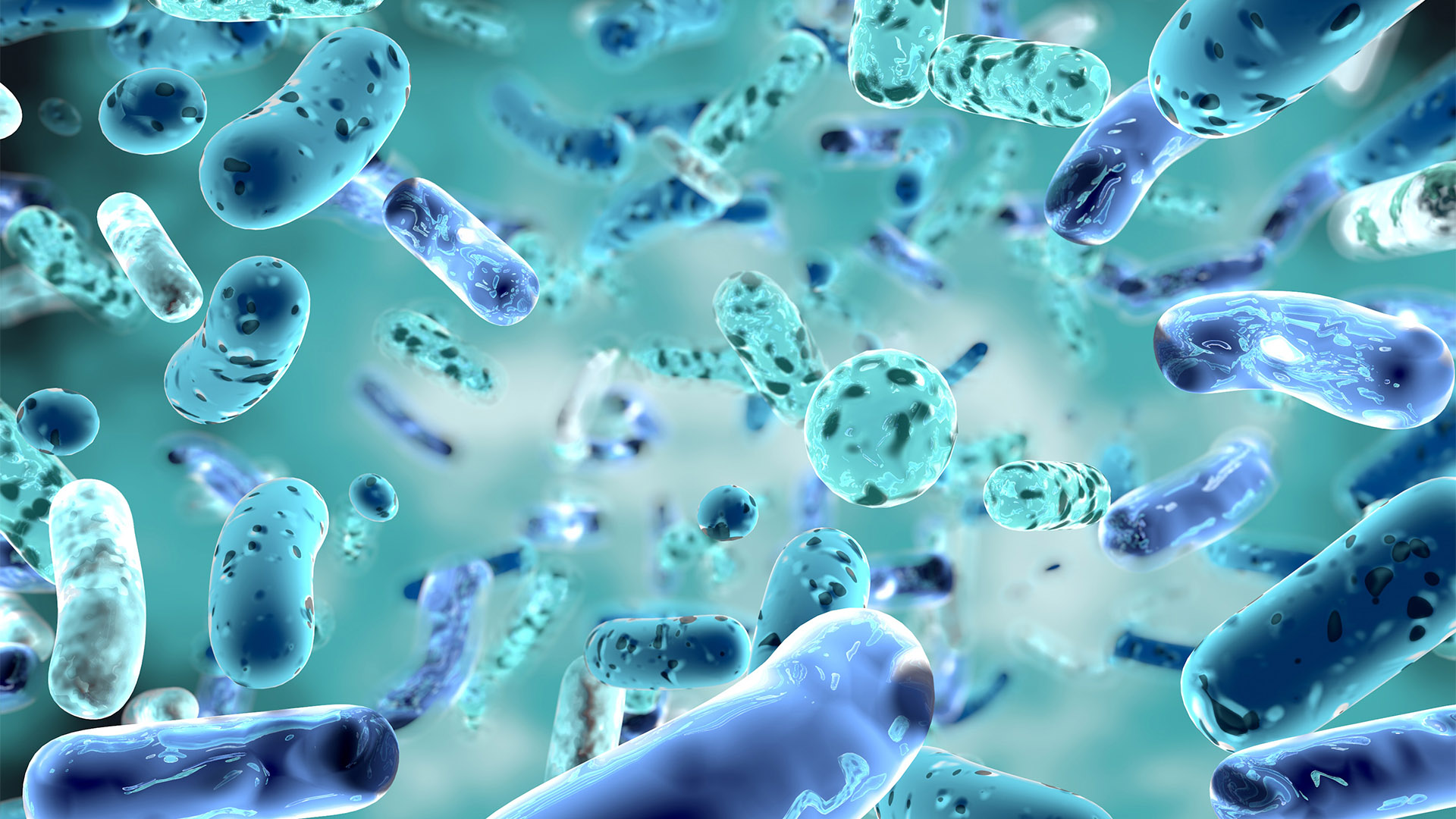Bacteria Dismissing Plastics
With the coronavirus, many issues of debate on our agenda and many new perspectives on our lives have emerged. Is the virus aerosolized? Can it live on plastic? How long does it stay on plastic? These discussions will remain on our agenda for a long time, but the medical world continues to look for ways to take advantage of plastics and continue to achieve successful results.
.jpg)
Bacteria that cannot be killed by antibiotics are considered a real and important threat. Bacteria form biofilms so they can adhere to surfaces and other bacteria. Therefore, transfer and growth of pathogenic bacteria decreases by reducing the formation of biofilms on the surfaces.
Scientists in Canada conducted research focusing on the concept that preventing the spread of bacteria is a convenient way to control it. By combining nanoscale engineering and chemistry, scientists have created a technology where even Methicillin-Resistant Staphylococcus Aureus (MRSA) and Pseudomonas cannot sit.
.jpg)
The results made it difficult for bacteria to adhere due to the hierarchical structure in the plastic wrap. The present invention has added an area where plastic can be used against bacteria.
Another study was carried out by the Erasmus University Medical Center in Rotterdam, Netherlands, and took its place in the medical world under the heading Reduce Infection in the Zinc-Impregnated Network Peritonitis Model for Abdominal Wall Repair.
The research examined the use of polypropylene networks produced with Parx Plastics' antimicrobial and anti-biofilm technology. The aim of the study was to see if a polypropylene web produced with Parx technology had better antibacterial properties in a heavily contaminated environment than a normal polypropylene web.
A surgical mesh is usually used after a hernia is pulled, and mesh infection is one of the most serious complications that can occur after hernia repair. When the infection occurs, the patient may die or require the removal of the net, which can lead to multiple complications, such as prolonged hospitalization. Therefore, it would be extremely useful if healthcare professionals had a way to minimize the risk of network infection for patients.
Parx technology does not use biocides or other harmful substances to kill bacteria, instead it uses a solution derived from biomimetics and uses an important trace element that is essential in our diet for our healthy immune system.
The study results showed that after a 90-day follow-up period, the mesh with Parx technology had a significantly lower number of bacteria.
Michaël van der Jagt, CEO of Parx Plastics, said: Because of the nature of our technology, we believed this could be of great benefit in medicine.



